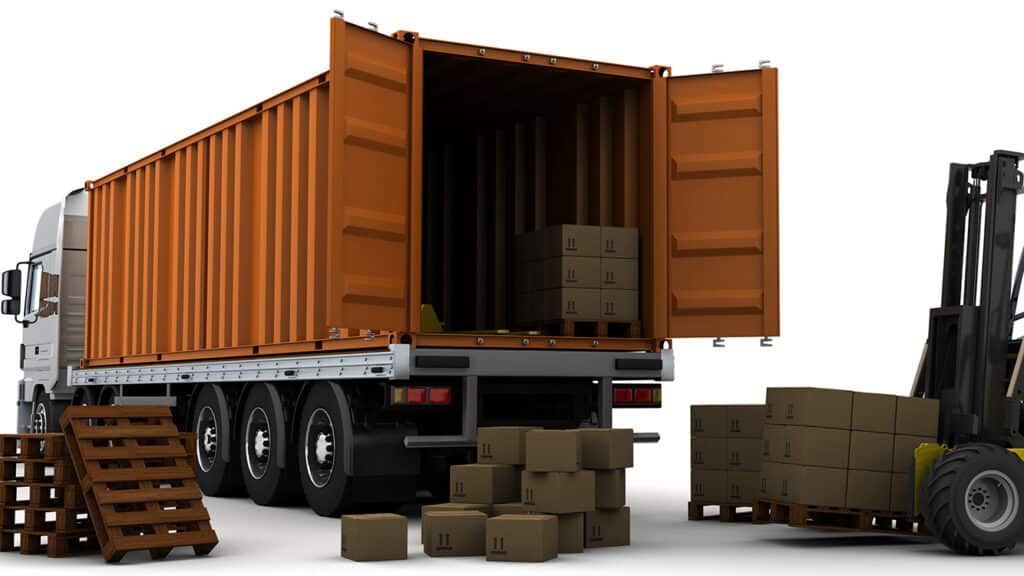Cargo Expedition: Navigating the Future of International Logistics
Cargo Expedition: Navigating the Future of International Logistics
Blog Article
Cargo expedition is a crucial aspect of the worldwide logistics and supply chain industry. It is the transport of goods across vast distances, mostly via air, sea, or land, ensuring that goods arrive at their destination effectively and in safety. As the growth rate of online commerce and trade globally and the need for effective cargo expedition services has surged. From raw materials through finished items, cargo play a pivotal role in driving the economy of the world and linking people and companies around the world. The advancement of cargo journeys and the advancement of technology and strategic infrastructures, changed the ways in which goods are transported, making it possible to satisfy the ever-growing requirements of international markets.
One of the main components that make a cargo voyage successful is the range of transportation modes available to accommodate specific shipping demands. Air freight is a well-known mode of transport due to its rapidity and security is frequently used to transport products with high value or that require time, such as electronics, pharmaceuticals and clothing items. Ocean shipping, on the contrary, dominates the shipping of bulk goods providing cost-effective solutions to items like grain, oil and even machinery. Land transport, encompassing railways and trucks is vital to last-mile delivery as well as regional connectivity. When you integrate these modes into multimodal transportation infrastructures the cargo journeys can be more efficient and speed up transit time, making sure that goods arrive on schedule.
The complexity of cargo expeditions needs effective coordination between a variety of players, including shipping firms, customs authorities, and logistical providers. One of the biggest problems in the transportation of cargo is managing customs clearance and international regulations. The different countries have their own unique import/export limitations, tariffs, and documents requirements. This can cause delays or increase costs. To navigate these complexities logistical companies should understand the local laws, tariffs, and requirements for compliance. This is why many businesses rely on experienced freight forwarders as well as customs brokers in order to oversee the legal aspects of transporting cargo. Their expertise ensures that goods can be handled smoothly at customs points and then delivered on schedule.
Sustainability is now a major issue in the Cargo Expedition business due to the increasing concern for environmental impact. Companies are increasingly adopting greener methods, like using low-emission ships, electric trucks and efficient aircrafts. Innovative packaging methods that are sustainable and the efficient use of shipping routes is as well contributing to a reduction in emission and waste. Internationally, governments and companies are encouraging these practices through policies and incentives, pushing this industry toward a more environmentally conscious and sustainable future. Integrating sustainability into the business model does not only match international environmental standards but can also be a positive influence on consumers and firms that place a high value on green practices throughout their activities. To gather further details please read this knockout post
The efficiency of cargo trips greatly depends on the experience and coordination of logistics professionals. They oversee complex supply chains, and are responsible for ensuring that they are in compliance with international trade rules and the requirements of customs. They work tirelessly to anticipate and resolve potential challenges, such as delay, geopolitical tensions and weather disturbances. Their ability to communicate between various modes of transportation or time zones as well as languages is crucial to maintaining the effectiveness of trade across borders. Continuous training and skill development are vital in this area and allow professionals to stay up to the technological advances and constant demands of the world market.
As the world gets more interconnected, the demand for efficient and reliable transportation services continue to rise. E-commerce has revolutionized logistics, leading to an urgent need for quicker, efficient delivery methods in order to satisfy the demands of the customers, who require faster shipping times. The rise of e-commerce globally has caused shipping companies to design innovative solutions that provide better delivery options that are more flexible, including same-day or next-day deliveries. With this in mind, many businesses utilize advanced technologies, like drones or autonomous vehicles to enhance the speed and accuracy of delivery. Innovations like these are changing the way shipping routes, making them more efficient and able to meet requirements that modern consumers have.